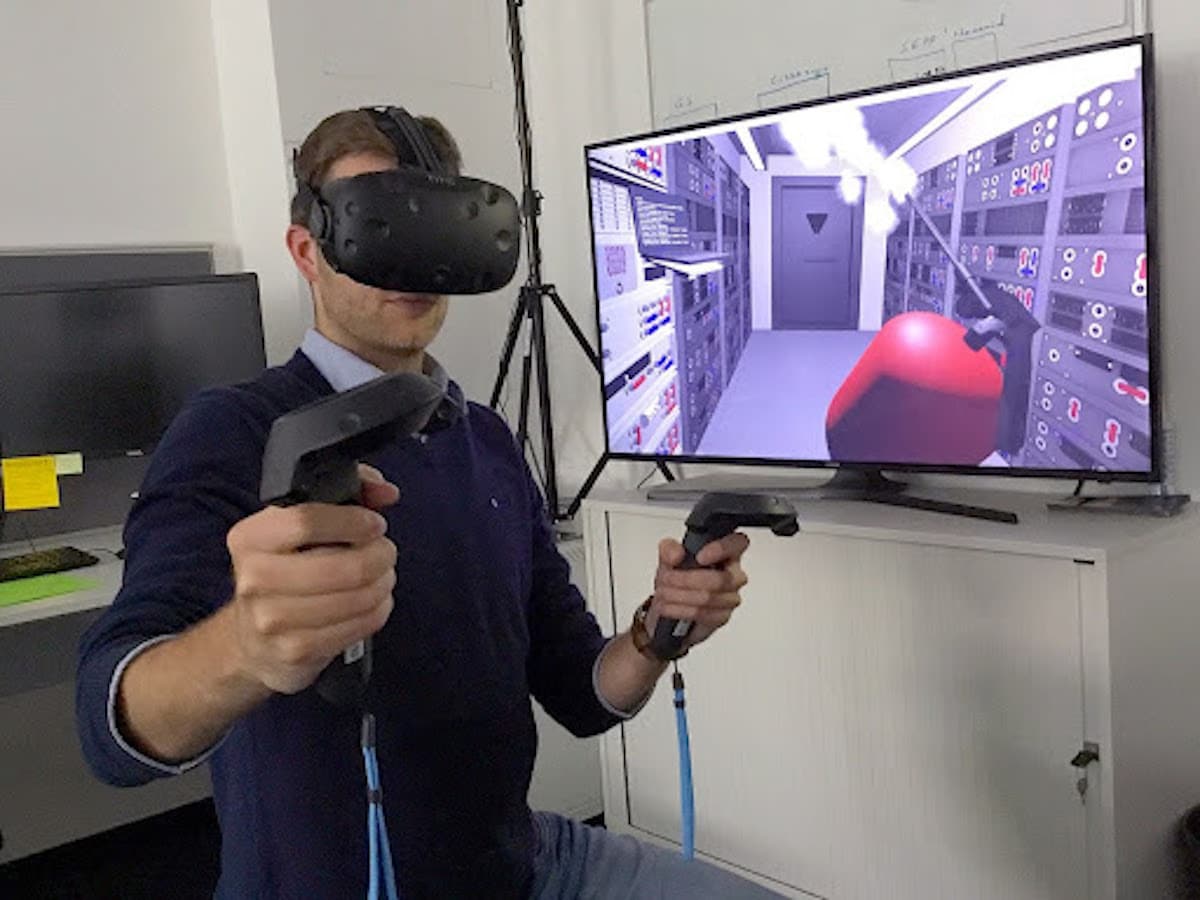Table of Contents
Slowly, Virtual Reality (VR) is becoming an inexpensive entertainment solution. This new technology is bringing new ways to enjoy video gaming, movies, and music. All the way back in the 1980s or 1990s owning a VR setup would cost close to ten thousand dollars. With inflation, that is a serious amount of cash. The idea of a mass market device was just a pipe dream.
The first VR sets were exclusively used by researchers. Access was limited to certain game companies and government institutions like NASA. Not until the 2010s did the first mass-market VR sets make an entry into the market.
VR has been marked by skepticism at every turn. Consumers aren’t convinced at the value of this technology. Despite this, innovation continues. Video games have transitioned from 3D animations to more photorealistic design. That has allowed developers to develop the VR experience further.
Brands such as Oculus have also pushed VR into the mainstream. Entertainment industry adoption of VR is also prevalent in many categories. Video game developers, music producers, and even casinos are all looking to VR technologies. VR is the present and future of all things leisure. Here are four of the most popular uses of VR today.
Virtual Reality in Cinema
Virtual Reality is no longer an outlandish idea. The technology is mature enough that it may soon become a norm in cinema. There are many different ways to apply VR to this medium. An app known as Bigscreen allows a virtual movie theatre experience. When entering the VR environment a user finds themselves in a theatre lobby. The virtual experience even extends to sitting near strangers in a crowded theatre!
Augmented VR avatars are becoming more common. Facebook is looking to create a virtual environment they have dubbed “Metaverse.” VR cinema with more realistic experiences will not happen overnight. Nor will these experiences come from one firm. Many innovators will be part of the process.
Virtual Reality in Gaming and Casino
Virtual reality is clearly the future of video gaming, but it is also entering the casino world. Virtual reality slots are no longer a developer’s dream. They are already available in many online casinos and are here to stay. Evolution Gaming is a giant in the casino software industry. In 2020 Evolution acquired NetEnt, a virtual reality firm. Together the two created two VR slot experiences. These experiences built from existing platforms have seen successes.
Surely these new innovations are charting a way forward for casino gaming. VR is not just limited to slots. Games that require live dealers are also gaining popularity. Incorporating the technology to deliver more realistic experiences is the future of VR in casinos.
Virtual Reality Museums and Amusement Parks
Virtual reality could be a great teacher as well as entertainer. Museums and amusement parks are another spot that can benefit from VR technology. Many experts believe the future of hospitality will center around VR solutions. The mass adoption of this technology will be a priority for most theme parks. More guests without expanding the footprint of the park will be a huge driver of investment.
Several museums around the world have begun to explore virtual reality. As a visual medium, there are no better ways to illustrate scientific principles. Philadelphia’s Franklin Institute and Finland’s National Museum in Helsinki are both using VR to create more engaging experiences. The idea of making “science come to life” has been a goal of educators for years.
NASA already uses VR as part of its educational efforts. The goal is to help young generations learn complex scientific principles more easily. Visualizing difficult scientific principles is one of the truly innovative powers of VR.
Music Concerts and Virtual Reality
Virtual concerts are the next logical step in our journey. Virtual reality’s unlimited potential means this is inevitable. Soon, every concert will have both live and virtual attendees. VR concerts are not the only way the music industry will adopt VR. Remember Guitar Hero? More in-depth experiences like the game could provide platforms for teaching music. Imagine how much easier it would be to learn an instrument virtually.
Today games like Beat Saber show us the potential. The game gives the players a lightsaber to slash beats of music being played. Much like Guitar Hero, the game is simple but requires skill to master.


